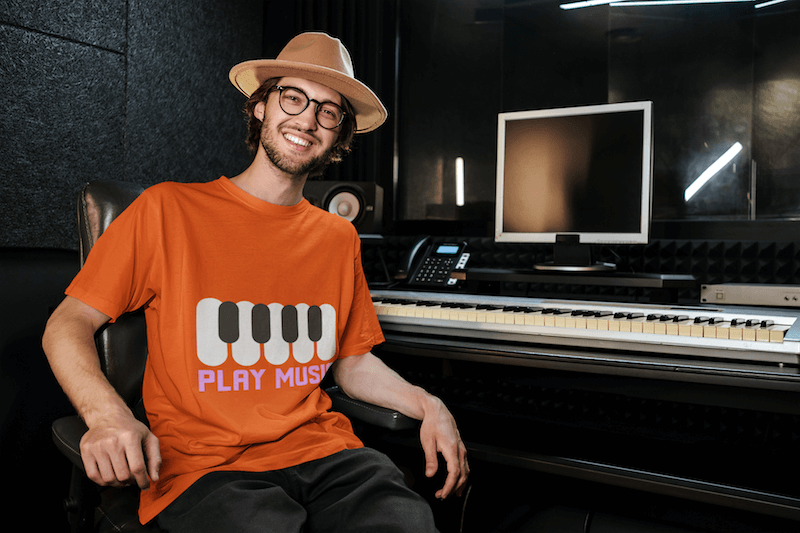
Music is indeed for everyone. No matter what instrument you prefer, you can learn to master it with time and dedication. However, becoming a producer it’s just a little bit complicated than that; we’re here to tell you everything you need to know about the music production process.
A producer’s job may sound like the fanciest part of creating music, and it kinda is. But it’s not about what’s the best music production software; the complexity of this job relies on the fact that it involves every step of the way when you’re making a song: from the very idea to the final product.
Even if you’re a novice musician who’s beginning to write their own songs and posting them on social media, you’re already involved in music production. However, this process can result in an overwhelming way that makes many musicians abandon their projects before they’re finished.
What Does It Mean to Produce a Song?
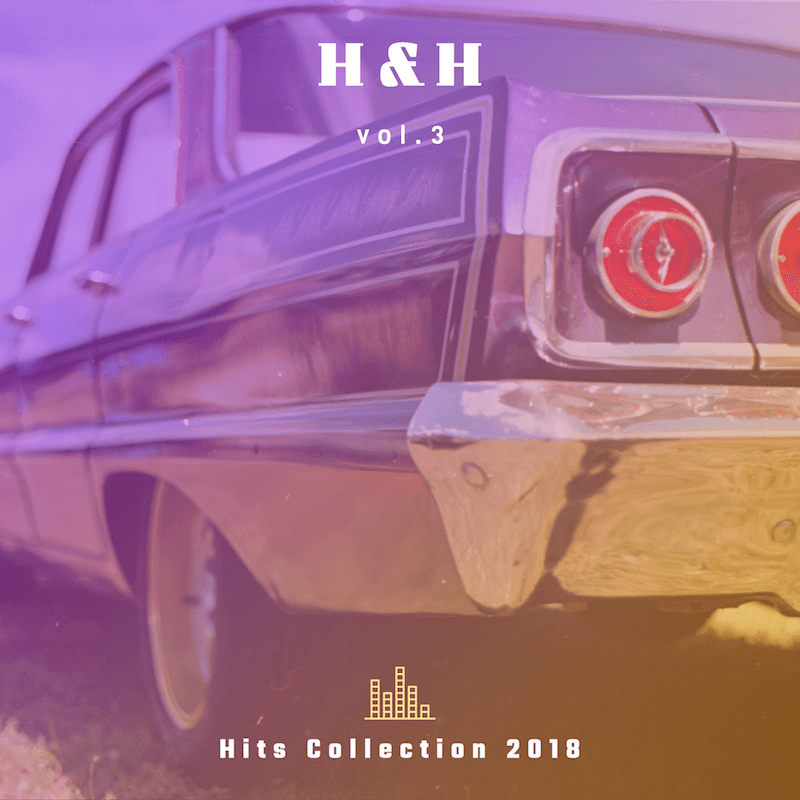
When talking about art, production means the job of turning an idea into a final product, exploiting it to its highest potential, but what does production mean in music?
The music production process involves the whole creation; when music is created, captured, manipulated, and preserved to be distributed and ultimately enjoyed. All recorded music exists because it went through this process, even if it’s an indie musician or the biggest Hip-Hop star.
How to Become a Music Producer?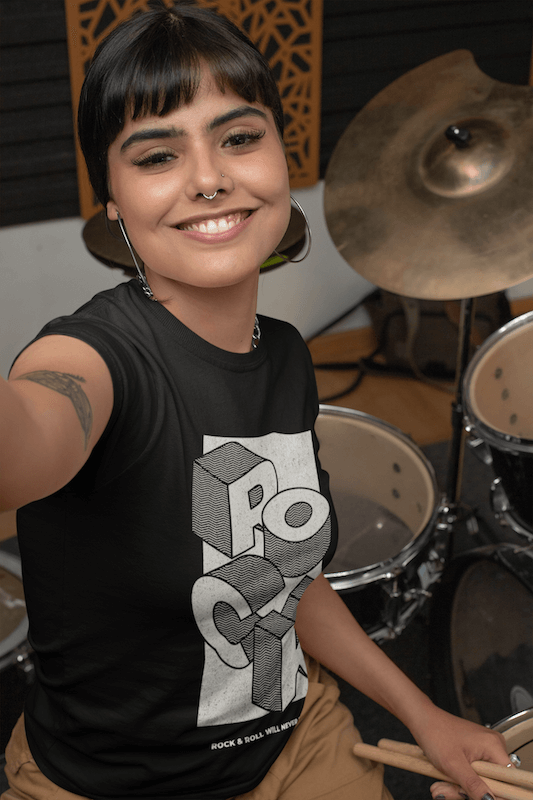
Now, the key here is how to learn music production. Considering music production involves the whole process of creating a song, just by doing that, you’re by definition a music producer. However, this process requires many different skills to develop in order to become a real music producer.
There’s not just one way to create music; there’s no specific recipe. The way you’ll produce a song will depend on the artist, the musicians, the lyrics, the concept, the genre, and many other factors that’ll influence your whole process.
There are many books, tutorials, and courses on how to become a music producer, but our best advice is you learn it first hand. Yes, books and classes can teach you the theory and how to use specific music creation software, but the best you can do is actually work with a professional producer and learn from them. By getting a job in a recording studio, you’ll see how the producers make their decisions and work every single song to its highest potential.
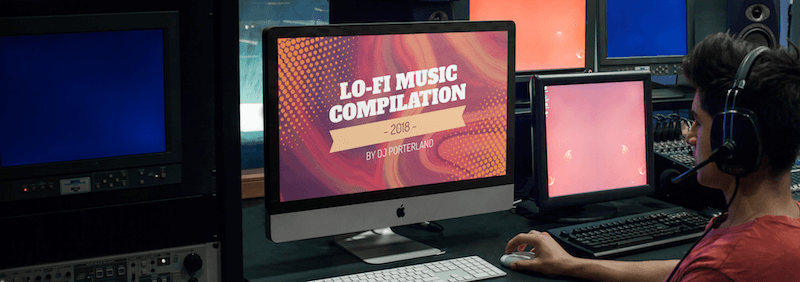
A producer’s mindset for decision-making during the production of a song is something you can only get by being part of this process. By doing this, you’ll be developing the skills needed to be not only a real producer but a great one:
- Listening skills: You need to understand the musician’s vision to take the song in the right direction. But also have an ear to identify the song’s sound and its flaws so they can be fixed or exploited.
- A deep musical knowledge: A producer needs to have experience working on every music genre to create great songs and know how to sell them. This musical knowledge includes both technical music composition and marketing. The final sound of every piece will depend on the producer’s taste.
- Effective project manager: The producer is basically the boss during the recording sessions, and it’s in charge of the budget and schedule for everything to work as smoothly as possible.
- Handle on recording technology: Only you can be the one who decides what’s the best laptop for music production because you’re the one who’ll be using it. If you learn how to use some music creation software and become an expert, stick to that equipment. You’ll only discover it by experimenting with the kit. Remember, it’s not about the tool; it’s about who’s using it.
Leadership skills: As the boss, the producer’s leadership skills can never be taken for granted. The producer supervises the recording, gives feedback, and approves every step of the way, so they need to be proficient communicators. Making music is work, but it’s also art, and recording should be a fun experience for everyone. The producer is in charge of the artists’ spirit being on the right track, and that’s something only a good leader can achieve.
The 5 Steps of the Music Production Process

Yeah, producing a song involves every step of the process, but which are these steps? Let’s break down this process into five simple steps:
- Writing: Everything begins with an idea, but it doesn’t become real until it’s put on paper. A song can be born from a guitar riff, a drum beat, or even just something you want to say. When composing music, think about what you want your audience to feel or experience when listening to it. A song’s like a movie; it tells a story and takes us through a journey.
- Recording: Once the song is composed, it can be recorded raw with any recording machine as a demo version (a basic version) to be reworked. Think of your favorite guitar solo; a producer approved it to record it into a song. The producer is the one who decides how the song will go into the recording studio sessions; the producers choose vocal and instrumental arrangements in this stage. Every instrument shall be recorded in separate tracks to be edited more easily.
- Editing: In this stage, the producers will make the most critical decisions because we’ll genuinely approach the song’s final sound. Editing means manipulating the recorded performance by the musicians, using music creation software to change the pitch, tempo, and levels to give it a more polished song. The editing process can be minimalistic or complex. Still, over-editing can make music sound cold and dull, and under-editing can make it messy or unprofessional.
- Mixing: Having all recording material in different tracks, this is the moment where the channels are combined into making a stereo track. This could be simple, but it’s actually the most challenging step of the music production and why sound engineers who focus on this are so well paid. Mixing skills requires patience, knowledge, and practice to develop.
- Mastering: This is where the final adjustments to the stereo mix are made, so it can be exported in the proper format to be turned into a CD, vinyl, or digital media sound. Mastering is a process that has existed since recorded music does, and it has evolved since to adapt to any format music is distributed.
Finally, Get Into Music Production!
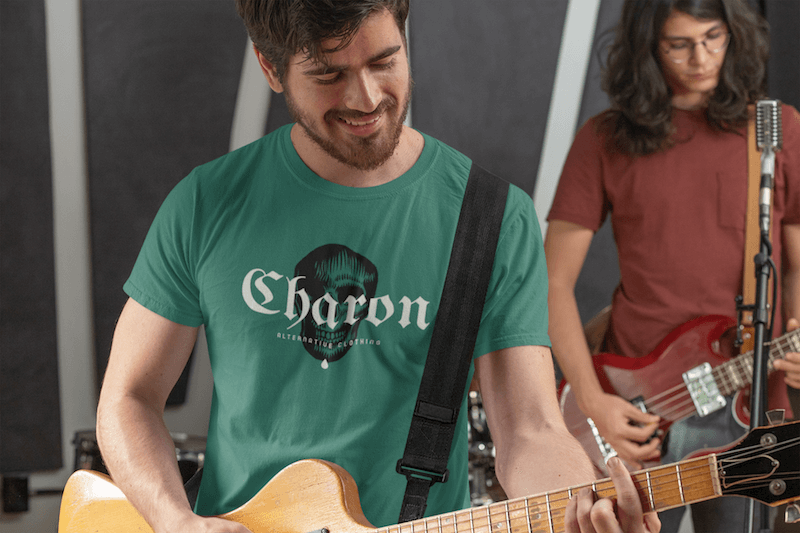
If you’re an amateur musician wondering how do I get into music production, let me tell you the good news: If you’re making music, you’re already taking part in the music production process. There are a lot of skills you need to develop to have commercial distributable music pieces that sell tons of music merch, but you’ll get there with time. The most important is that you start experimenting, and educating yourself in the basics, so you develop those skills naturally. If needed, take a look at the Mixtape Cover Collection that Placeit has for you! Don’t forget to check out The Definitive Guide to Influencer Marketing For Musicians
